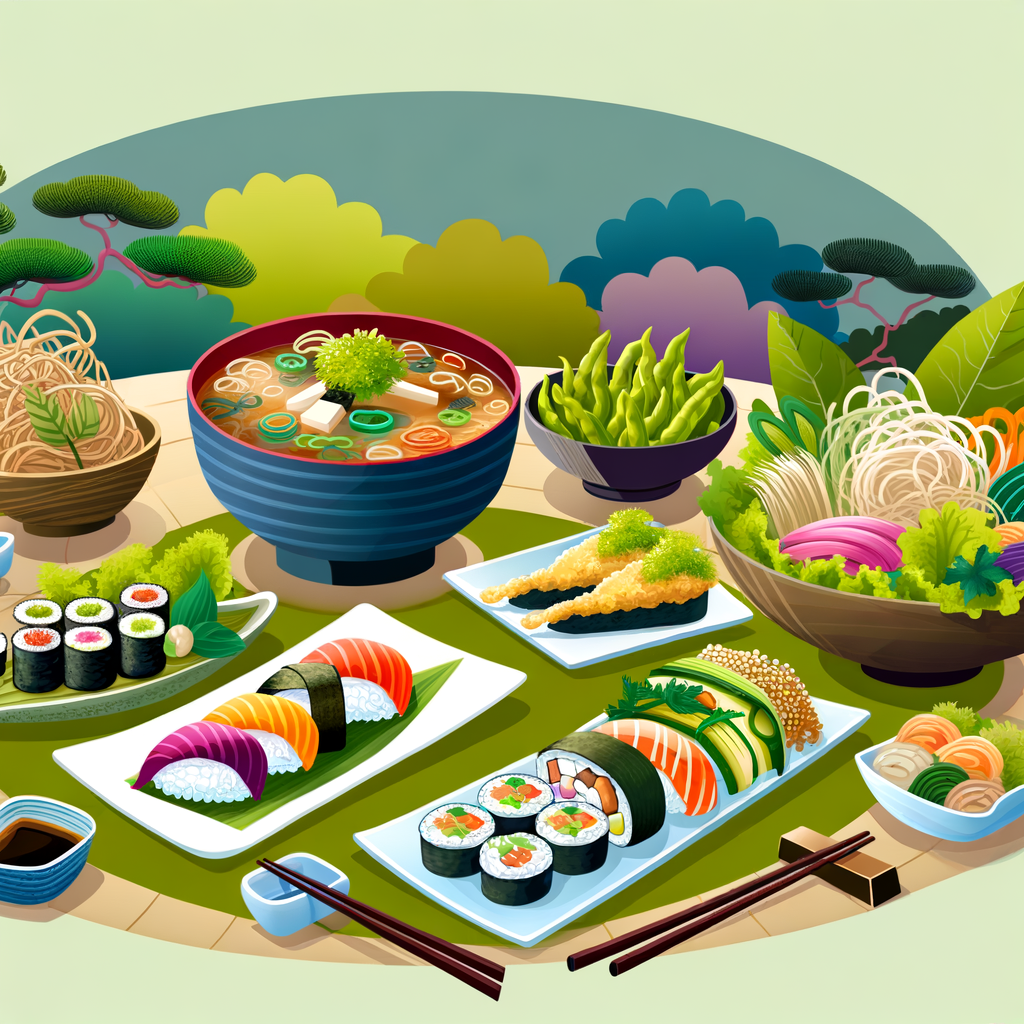How to Eat Vegan on a Budget: Practical Tips for Savvy Shoppers
Eating a vegan diet doesn’t have to break the bank. With careful planning and smart choices, you can enjoy wholesome, nutritious meals without overspending. This blog post delves into effective strategies to help you eat vegan on a budget while ensuring you consume a balanced diet.
Plan Your Meals
Planning your meals in advance is crucial to managing your food expenses. Here are some steps to help you efficiently plan your meals:
- Make a Weekly Menu: Outline what you will eat for breakfast, lunch, dinner, and snacks. Include simple and nutritious recipes that use affordable ingredients.
- Create a Shopping List: Based on your menu, draft a shopping list. Stick to this list to avoid impulse buying.
- Batch Cooking: Cook large portions of meals and freeze them for future use. This saves both time and money.
Shop Smart
Making wise shopping decisions can drastically cut down your grocery bills. Consider these tips:
- Buy in Bulk: Purchase grains, beans, and legumes in bulk. They are cost-effective and have a long shelf life.
- Store Brands: Opt for store-brand products. They are usually cheaper than name brands but offer similar quality.
- Seasonal Produce: Choose fruits and vegetables that are in season. They are often cheaper and fresher.
- Discount Stores: Shop at discount grocery stores and farmers markets for the best deals on produce and packaged goods.
Make Your Own
Preparing food from scratch not only ensures you know what goes into your meals but also saves you money. Here are some ideas:
- Homemade Snacks: Instead of buying expensive vegan snacks, make your own granola bars, trail mix, or popcorn.
- DIY Plant Milks: Make your own almond, oat, or soy milk at home. It’s cheaper and allows you to control the ingredients.
- Canned Goods: Prepare and can your own sauces, soups, and beans. It’s a great way to use up excess produce and save money.
Utilize Budget-Friendly Ingredients
Certain ingredients are both budget-friendly and central to a vegan diet. Incorporate more of these items into your meals:
- Beans and Lentils: Packed with protein and fiber, beans and lentils are versatile and inexpensive.
- Whole Grains: Brown rice, quinoa, and oats are great bases for meals and are cost-effective.
- Frozen Vegetables: They are just as nutritious as fresh vegetables and typically cheaper.
- Seasoning and Spices: Invest in a variety of spices to enhance the flavor of simple and boring dishes, making meals more enjoyable.
Reduce Food Waste
Wasting food is equivalent to wasting money. Here’s how you can reduce food waste while following a vegan diet:
- Proper Storage: Store your fruits and vegetables correctly to extend their shelf life.
- Use Leftovers: Get creative with leftovers. Use them in new recipes instead of letting them go to waste.
- Composting: If you do end up with scraps, compost them to return nutrients to the soil for future gardening.
Find Affordable Vegan Recipes
Look for recipes that are high on nutrition but low on cost. Here are some recommendations:
- Simple Stir-Fry: Use an array of affordable vegetables, tofu, and a basic stir-fry sauce.
- Hearty Soups and Stews: Beans and root vegetables make an economical and filling soup or stew.
- Salads with Grains: Mix whole grains like quinoa or bulgur with fresh vegetables for a nutritious, balanced meal.
Supplement Wisely
While a balanced vegan diet can provide most nutrients, there are some that might need supplementation:
- Vitamin B12: Look for affordable B12 supplements or fortified foods.
- Iron: Plant-based iron sources include lentils, chickpeas, seeds, and dark leafy greens paired with vitamin C-rich foods to enhance absorption.
- Omega-3 Fatty Acids: Consider flaxseeds, chia seeds, or algae-based supplements for omega-3s.
Take Advantage of Community Resources
Sometimes, community resources can provide added savings:
- Community Gardens: Participate in local community gardens where you can grow your produce.
- Food Co-Ops: Join a food cooperative to access lower-priced organic and local foods.
- Food Banks: If necessary, don’t hesitate to reach out to local food banks that may provide vegan-friendly options.
Adopting a vegan lifestyle on a budget is entirely doable with some planning and resourcefulness. By following the tips above, you can enjoy nutritious, plant-based meals without putting a strain on your wallet.











